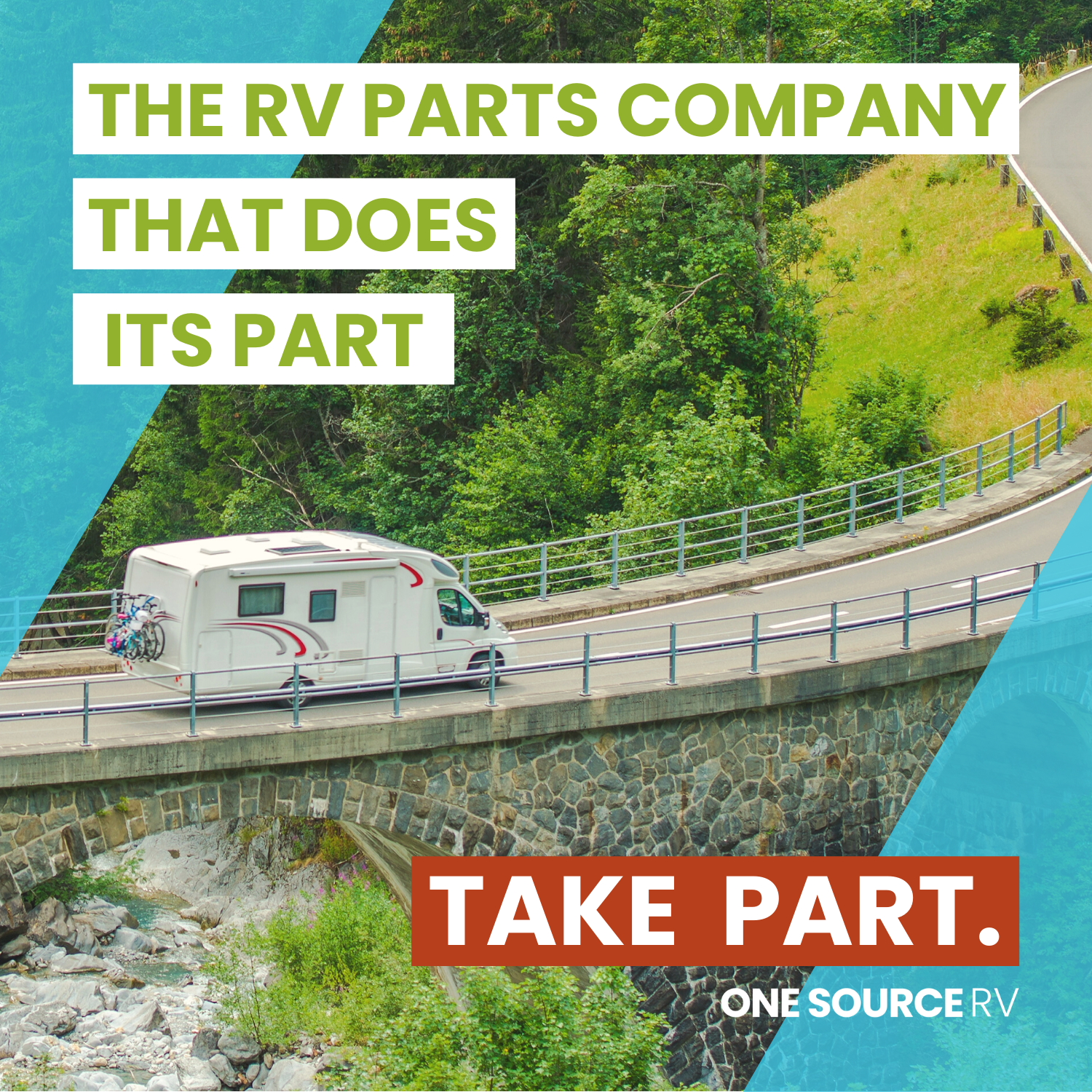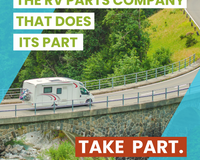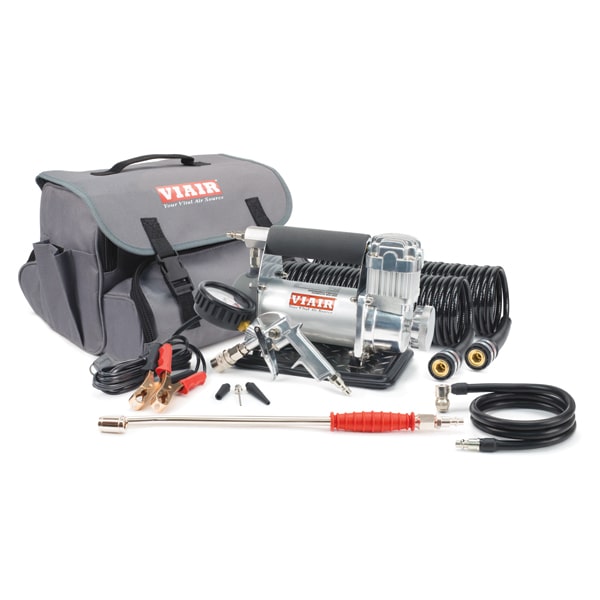One silver lining of COVID-19 is the increased opportunity for adventure. RVers are hitting the road in record numbers now that everyone has more time on their hands. While One Source RV fully supports the RV “covidcation”, as more RV campers take to the forests and parks, it is more important than ever to protect these environments. As an RV community, we must all take part in maintaining the beauty of the outdoors.
The National Forest Service and tourist boards have already voiced concerns about the abuse RV campers have imposed on local lands. And with the undeniable increases we will continue to see as working and schooling from home becomes a reality for more and more people, We want to ensure our customers are well educated on how they can take part in keeping parks and campgrounds clean for all to enjoy!
Below are five best-practices for leaving your campsite better than you found it:
1. Pack In, Pack Out
One very simple way for RV campers to protect and preserve the natural environments they come into contact with is to ensure no waste is left behind. Everything that comes with you should leave with you - pack in, pack out! Items like food scraps, plastic bags, fecal matter, paper products (i.e. toilet paper, paper towels), glass and plastic bottles, gray and black water (sewage) and trash of any kind are some of the most commonly left behind and also some of the most detrimental to the environment. Simply taking a few extra minutes to ensure nothing is left behind can make a huge impact. And if you feel like going above and beyond, bring a few extra reusable bags with you to collect any garbage that may have been left by other campers.
2. Leave No Trace
It’s important to remember that the beautiful lands we enjoy while camping are not ours, but rather belong to the natural wildlife that inhabit these areas. How would you feel if we came to your home and created a new road through your front lawn? The Forest Service is seeing an increase in new roads, campsites and fire rings created by RV campers. This is the opposite of leave no trace and can be extremely detrimental to the wildlife that call these areas home. Trailblazing can cause soil erosion and may destroy natural flora, disturbing the natural habitat of the creatures who live there. Additionally, leaving food out or attempting to feed animals is not only very dangerous for you and your fellow campers, but may also train the animals to depend on people for food.
3. Go for Sustainable, Eco-Friendly and Biodegradable Products
While the impacts of plastic waste are fairly common knowledge, you may not be aware of the impact popular products like hand soap, bug spray and toothpaste can have on the environment. Ensuring the use of eco-friendly and toxin-free hygiene and cleaning products will prevent potential harm to the environment and surrounding wildlife. Take it a step further and use soap and shampoo bars and alternatives like toothpaste chewing tablets to avoid plastic containers.
Eco-friendly and sustainable camping gear is another area to consider. There are a lot of great alternatives for almost all camping gear and equipment from toothbrushes and pet waste bags to tents and blankets. Do your research and ensure the products you choose to purchase are sustainable or eco-friendly whenever possible.
Another area to consider is food packaging. Take time to prepare in advance and remove any commercial packaging prior to your trip. One can use sealable bags to secure food and reduce bulk and garbage that is subject to be left behind. This will reduce your “pack out” efforts at the end of the trip and eliminate the need for stashing or burying unwanted trash.
4. Be Considerate to Wildlife
While the animals and plants that trails, parks and forests provide are the main attraction for many campers, it is very important to keep your distance and observe from afar. Loud noises and sudden movements can startle animals, causing stress and forcing them to flee to other areas that may not be conducive for their survival. Sudden movements may also cause you to damage plants, affecting their ability to survive in certain climates. Make sure to travel quietly and in smaller groups if possible to reduce your impact. Also ensure you are allowing animals access to water. Setting up camp too close to a water source may make certain animals too afraid to take a dunk or drink when needed. Lastly, never feed or touch wildlife; this is dangerous for both you and the animal.
Always remember, you are a guest. Show the same level of respect you would want to be shown from visitors in your home.







